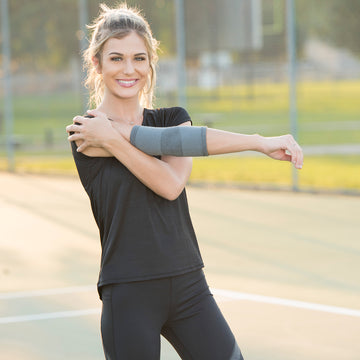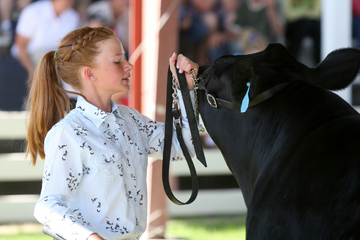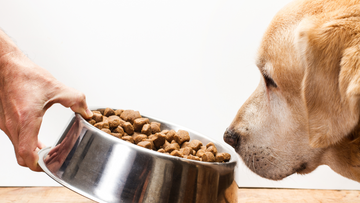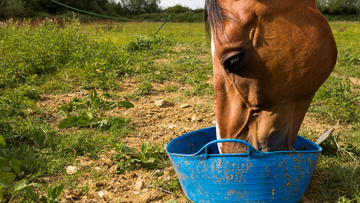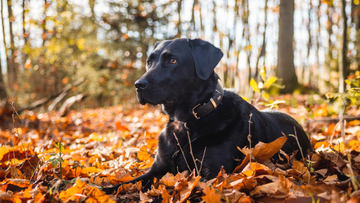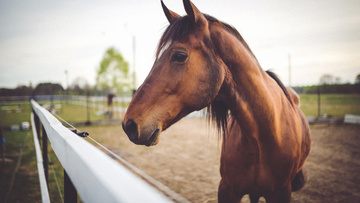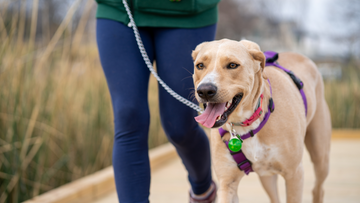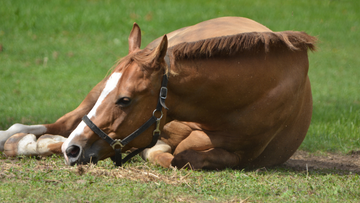As our dogs get older, they become more prone to more health problems and conditions than when they were young pups. There are many causes of hind leg weakness in dogs and the exact cause is hard to discover, even for vets. Senior dogs often show weakness in their hind legs, and this happens gradually over time. However, reasons may vary, ranging from an acute injury to something more serious that needs to be addressed by a veterinarian.
Common Signs:
- Weakness and shaking in the back legs.
- Inability to support the weight.
- Dragging rear feet.
- Wobbling.
- Difficulty getting up.
- Reluctant to be active.
- Lack of balance.
- Swelling and pain.

There could be multiple causes of back leg weakness, but the most common causes are:
- Degenerative Myelopathy:
With this disease the nerves within the spinal cord begin to degrade, causing weakness or paralysis. This is most common.
- Patellar Luxation:
This condition is described by the knee slipping out of its groove-socket, and then the dog may no longer be able to place weight on the affected leg. This does not exactly cause weakness in the legs; however, it makes it painful for a dog to place weight on the affected leg or legs.
- Osteoarthritis:
Which is inflammatory arthritis that can be in the knee -- may cause weakness in a dog's hind legs.
- Injury:
Injury to the spinal cord or nerves supplying the hind legs. This is generally the most obvious cause of dog hind leg weakness.
- Infectious Diseases:
Several microorganisms and parasites can cause inflammation or paralysis in a dog’s spinal cord, disks, or nerves. This includes roundworms and some species of ticks.
If you have noticed signs of weakness in your dog’s back legs, take him into the clinic to be examined as many of the causes can be progressive. Relay all symptoms you have noticed in your dog, including changes in appetite and behavior in your dog. Recovery is reliant on the cause of the weakness, the seriousness of the condition, and how soon treatment is begun. Many conditions, such as diabetes, arthritis, and degenerative myelopathy, can be controlled through a diet and exercise plan that can keep your dog’s weight under control and have the appropriate exercise.
To assist in pain management for your dog the Benefab® Canine Comfort Suit targets the back, body, and hind legs. The fabric emits far-infrared rays, keeping muscles, joints, tendons, and ligaments supple and relaxed. The shirt provides supportive compression for anxiety and comfort. It helps harmonize bodily functions safely and naturally stimulating recovery time, promoting blood circulation, increasing oxygen flow, and ultimately reducing pain and stiffness. Material is also breathable with wicking qualities. A few of the many features and benefits are:
- Reduce anxiety.
- Soothe soreness.
- Supple muscles, tendons, and ligaments.
- Increase mobility.
- Rehabilitate from injury faster.
- 100% Natural and Safe to use.
- Promote blood circulation.
Learn more about it here! >>> https://bit.ly/3u80EPc

